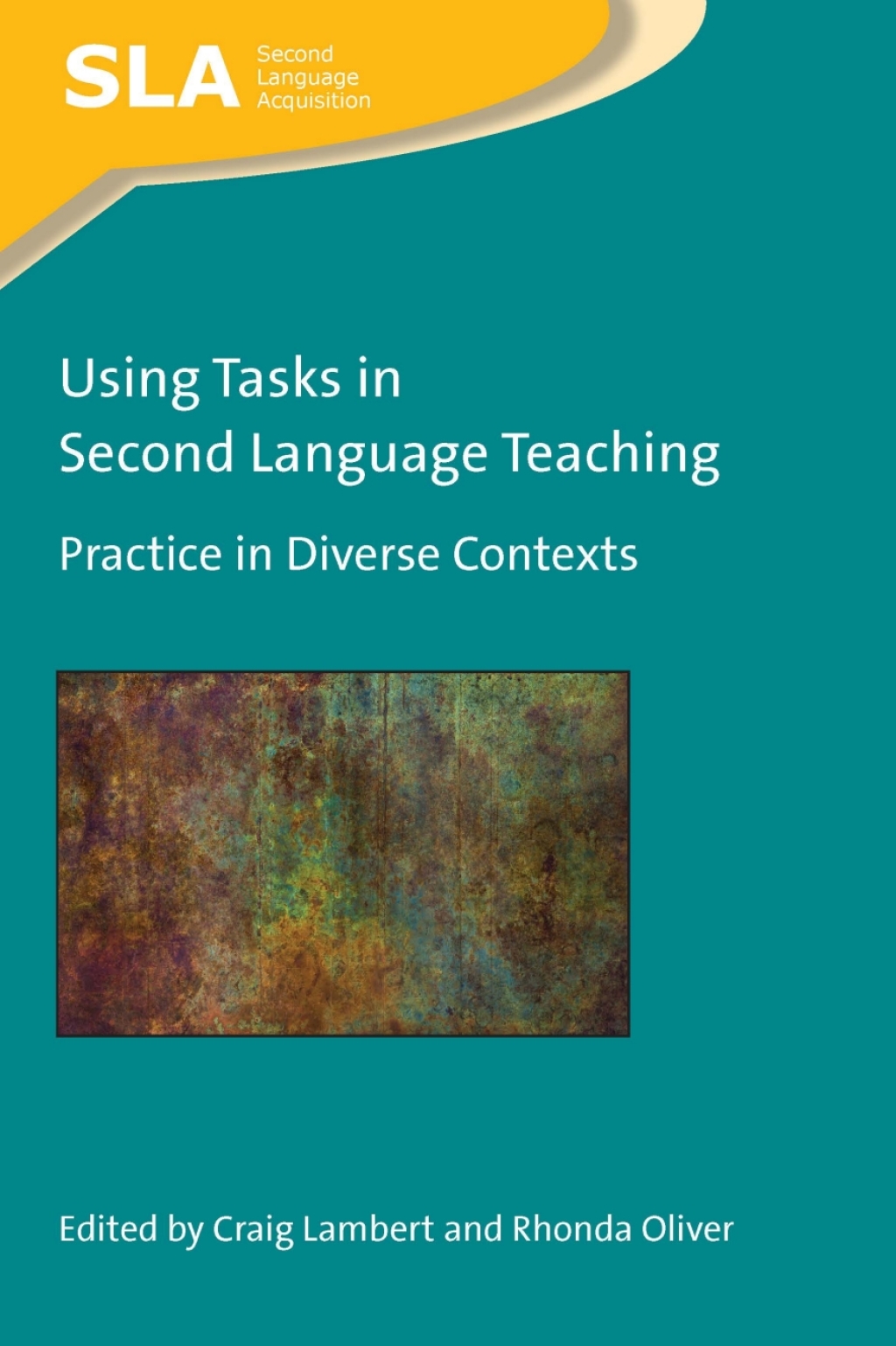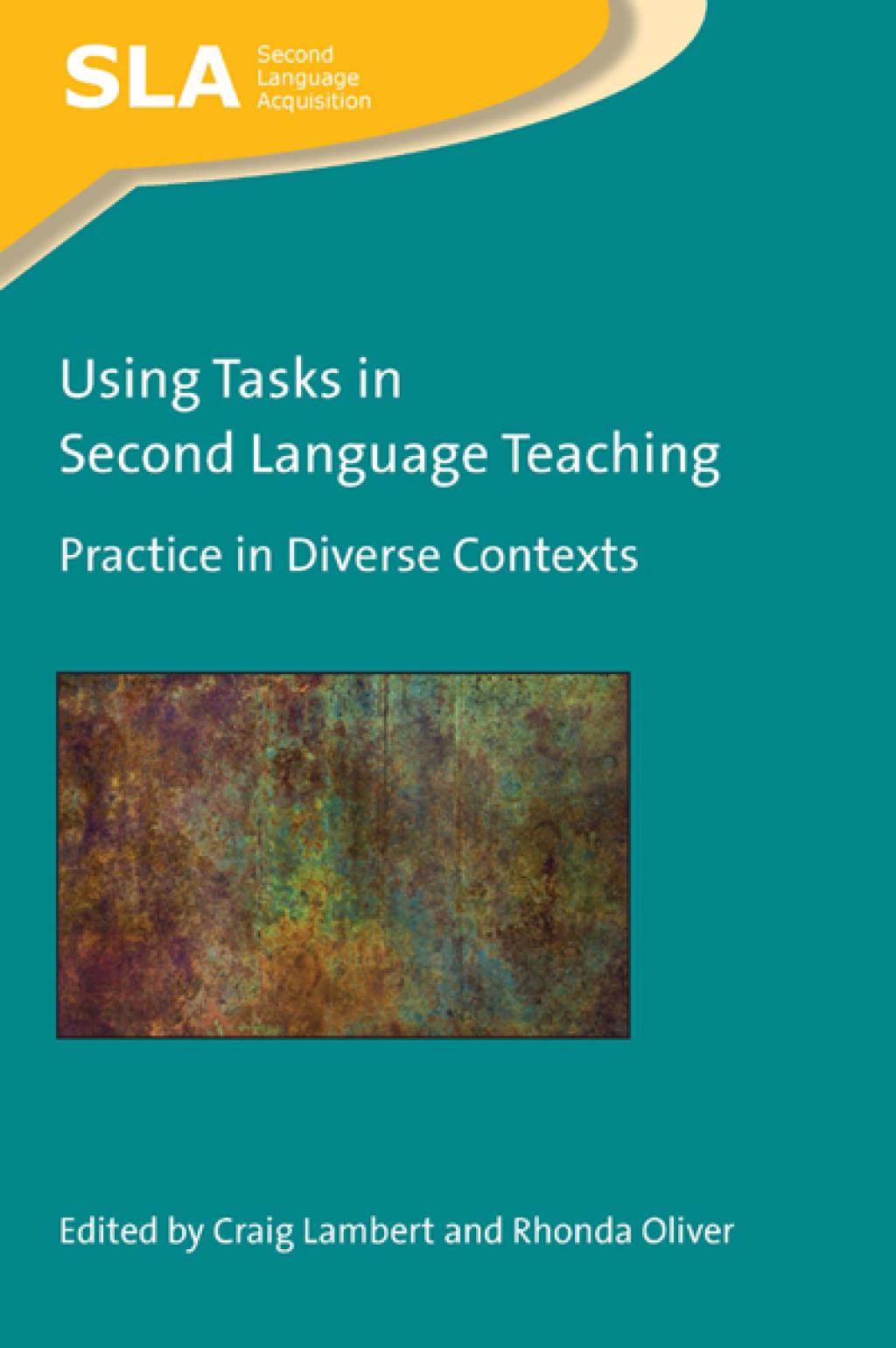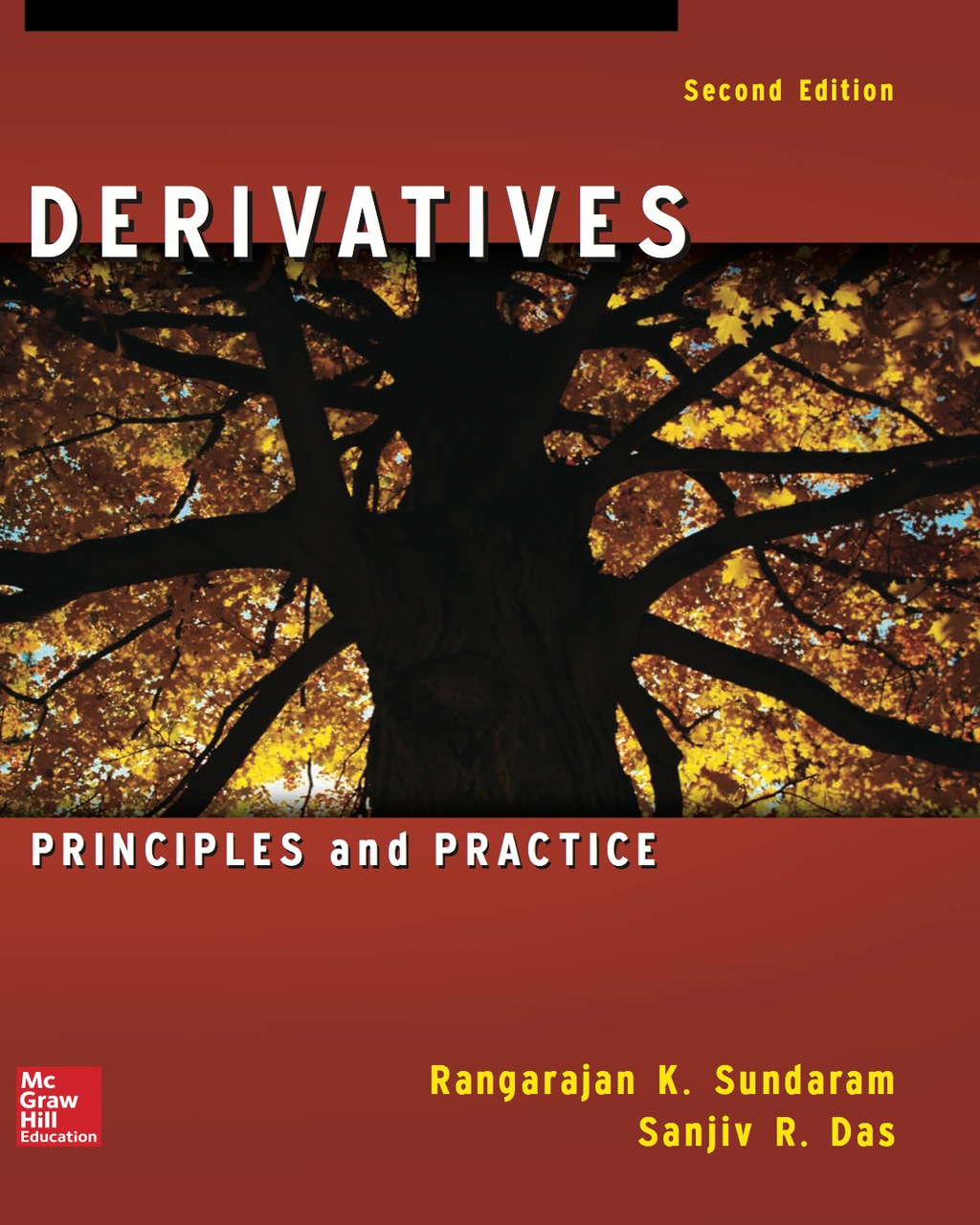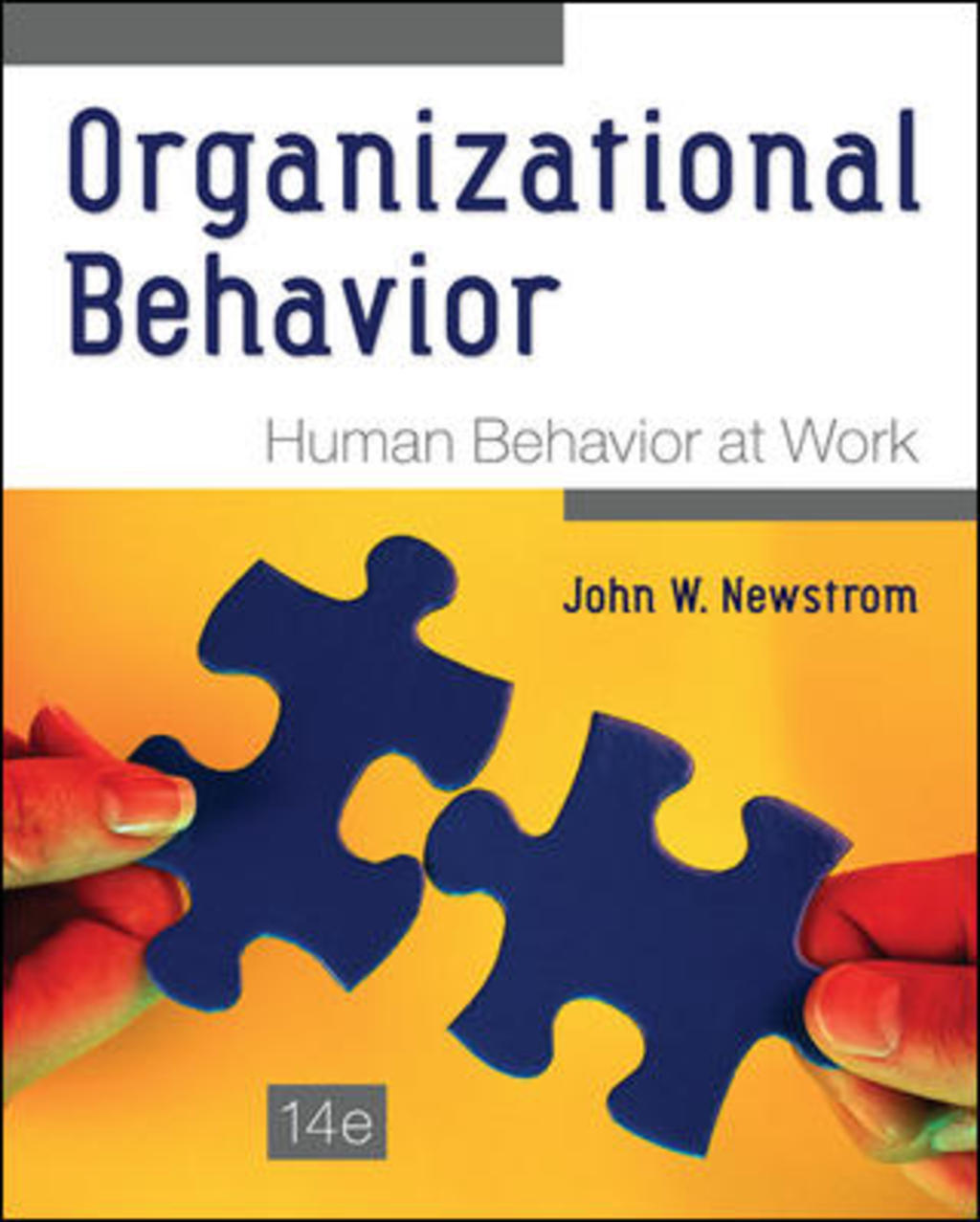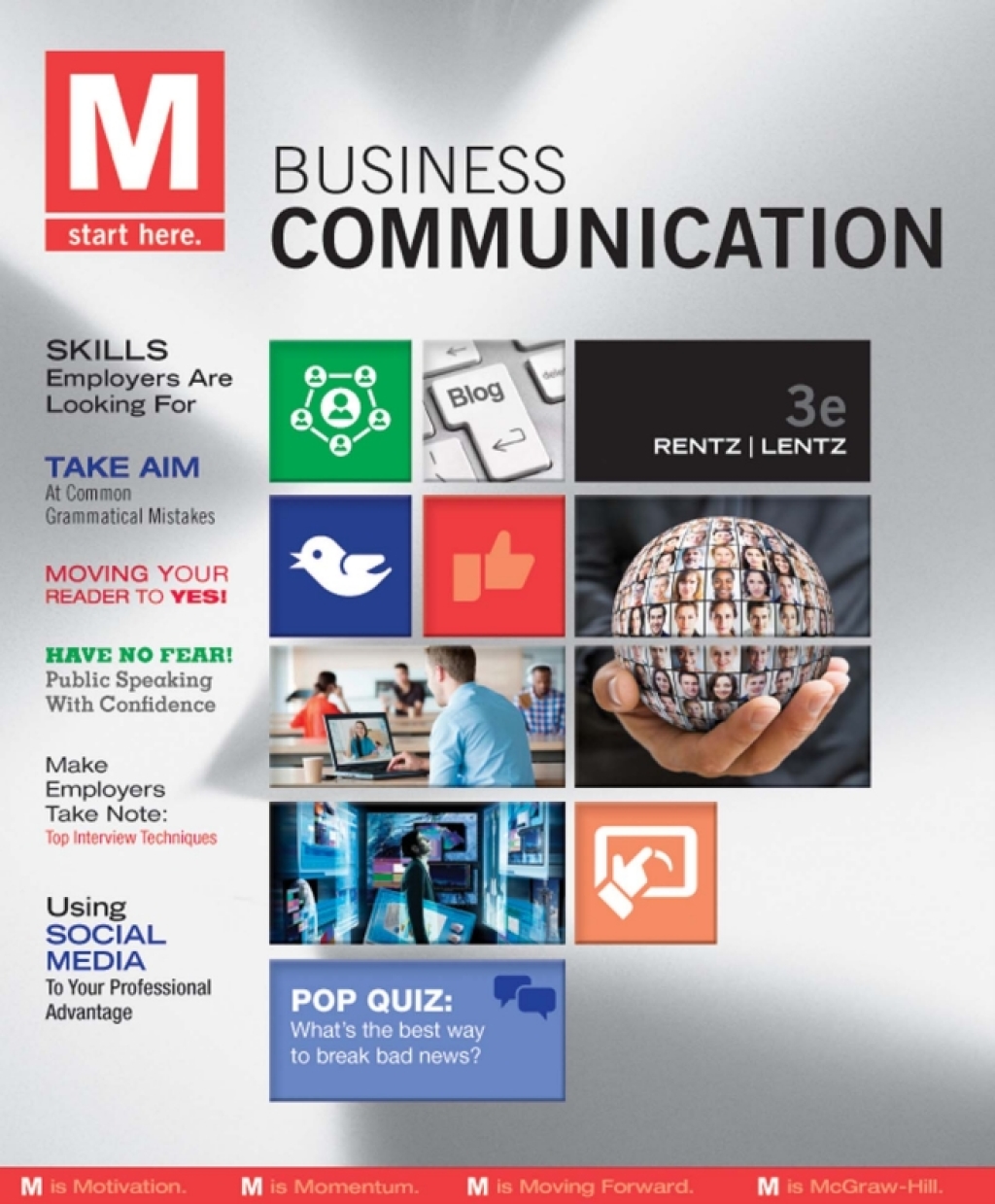Using Tasks in Second Language Teaching Practice in Diverse Contexts 1st Edition
Author(s): Rhonda Oliver; Craig Lambert
Publisher: Multilingual Matters (NBN)
ISBN: 9781788929431
Edition: 1st Edition
$39,99
Delivery: This can be downloaded Immediately after purchasing.
Version: Only PDF Version.
Compatible Devices: Can be read on any device (Kindle, NOOK, Android/IOS devices, Windows, MAC)
Quality: High Quality. No missing contents. Printable
Recommended Software: Check here
Important: No Access Code
Description
Description
This book examines the use of tasks in second language instruction in a variety of international contexts, and addresses the need for a better understanding of how tasks are used in teaching and program-level decision-making. The chapters consider the key issues, examples, benefits and challenges that teachers, program designers and researchers face in using tasks in a diverse range of contexts around the world, and aim to understand practitioners’ concerns with the relationship between tasks and performance. They provide examples of how tasks are used with learners of different ages and different proficiency levels, in both face-to-face and online contexts. In documenting these uses of tasks, the authors of the various chapters illuminate cultural, educational and institutional factors that can make the effective use of tasks more or less difficult in their particular context.
Related products
Using Tasks in Second Language Teaching Practice in Diverse Contexts 1st Edition
Author(s): Rhonda Oliver; Craig Lambert
Publisher: Multilingual Matters (NBN)
ISBN: 9781788929431
Edition: 1st Edition
$39,99
Delivery: This can be downloaded Immediately after purchasing.
Version: Only PDF Version.
Compatible Devices: Can be read on any device (Kindle, NOOK, Android/IOS devices, Windows, MAC)
Quality: High Quality. No missing contents. Printable
Recommended Software: Check here
Important: No Access Code
Description
Description
This book examines the use of tasks in second language instruction in a variety of international contexts, and addresses the need for a better understanding of how tasks are used in teaching and program-level decision-making. The chapters consider the key issues, examples, benefits and challenges that teachers, program designers and researchers face in using tasks in a diverse range of contexts around the world, and aim to understand practitioners’ concerns with the relationship between tasks and performance. They provide examples of how tasks are used with learners of different ages and different proficiency levels, in both face-to-face and online contexts. In documenting these uses of tasks, the authors of the various chapters illuminate cultural, educational and institutional factors that can make the effective use of tasks more or less difficult in their particular context.

